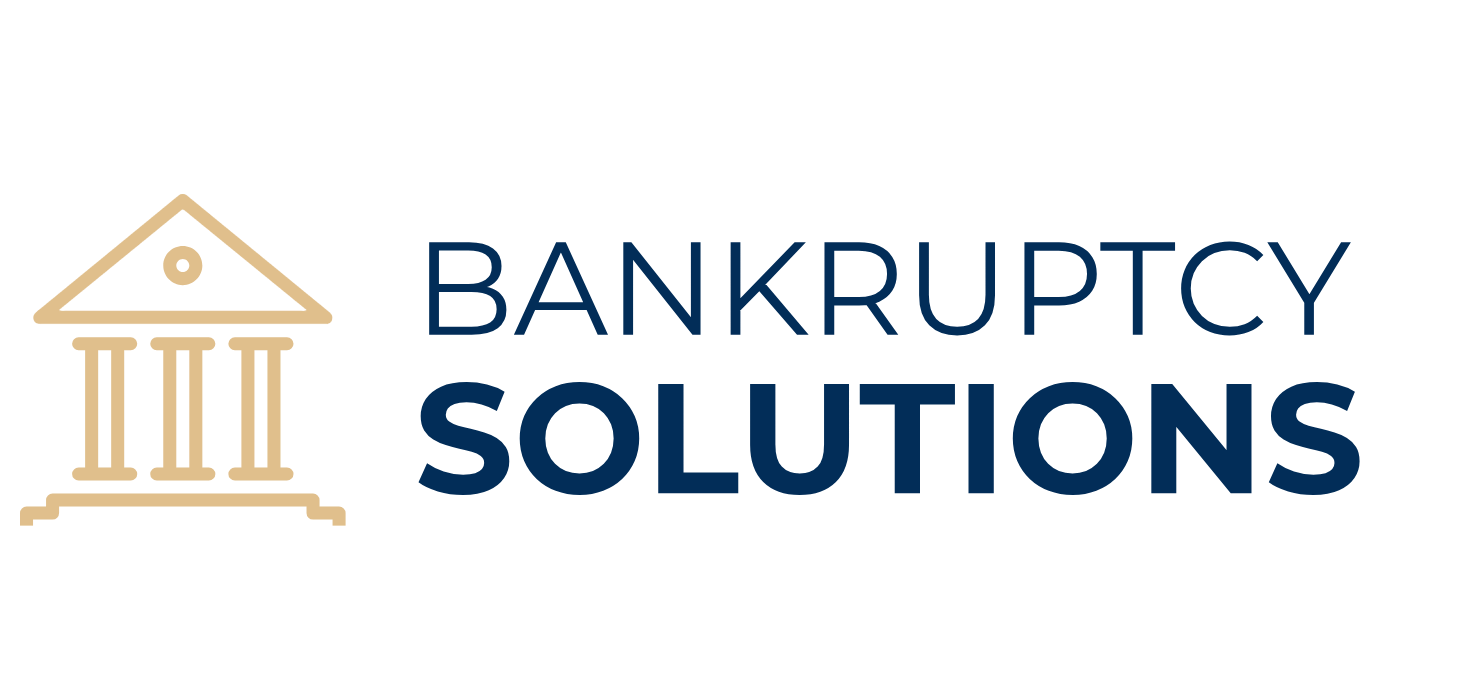As seniors navigate the complexities of their financial landscape, they often encounter unique challenges that necessitate a closer examination of bankruptcy options. This comprehensive guide is tailored to empower senior citizens by shedding light on when they should consider filing for bankruptcy, reasons they might opt not to, available bankruptcy solutions designed for seniors, low-income programs that can provide relief, the specific pros and cons they should weigh, and where to find essential bankruptcy assistance crafted to meet the needs of seniors.
In the intricate journey of financial stability during the golden years, understanding the nuances of bankruptcy becomes a crucial element in securing a more resilient and secure future for senior citizens.
When Should a Senior File for Bankruptcy?
Financial Precipice
Senior citizens should consider filing for bankruptcy when faced with overwhelming debt that jeopardizes their financial well-being. Key indicators include:
- Mounting Medical Bills: Escalating healthcare costs and medical bills can quickly become unmanageable for seniors on fixed incomes.
- Unmanageable Credit Card Debt: Senior citizens burdened by excessive credit card debt may find relief through bankruptcy.
- Threat of Home Foreclosure: Impending foreclosure necessitates swift action, and bankruptcy can provide a shield against this threat.
Why Should a Senior Citizen Not File for Bankruptcy?
Careful Considerations
While bankruptcy can be a viable solution, there are situations where seniors might choose not to file:
- Limited Assets: If a senior has minimal assets, filing for bankruptcy may not yield significant benefits, and alternative debt management strategies should be explored.
- Impact on Credit Score: Bankruptcy can impact credit scores, and seniors with a limited time horizon might opt for other debt resolution methods to preserve their credit.
Bankruptcy Options for Seniors
Tailored Solutions
Seniors have specific bankruptcy issues to consider:
- Chapter 7 Bankruptcy: A liquidation bankruptcy that may discharge unsecured debts. Seniors with limited assets often find relief through Chapter 7.
- Chapter 13 Bankruptcy: A reorganization plan allowing seniors to retain their assets while creating a manageable repayment plan.
Low-Income Bankruptcy Programs for Seniors
Financial Assistance
Seniors with limited income can explore various programs:
- Legal Aid Services: Many regions offer legal aid services, providing affordable bankruptcy lawyers for seniors or free legal assistance for bankruptcy filings.
- Pro Bono Services: Non-profit organizations and legal clinics may offer pro bono legal services, easing the financial burden on seniors.
Pros and Cons of Bankruptcy for Seniors
Weighing the Options
Advantages:
- Debt Discharge: Bankruptcy can discharge unsecured debts, offering seniors a fresh financial start.
- Asset Protection: Certain assets may be protected, ensuring seniors retain necessary possessions.
- Halt to Collection Actions: Bankruptcy triggers an automatic stay, halting creditor actions and providing relief.
Disadvantages:
- Impact on Credit: Bankruptcy can impact credit scores, affecting seniors’ ability to secure loans in the future.
- Emotional Toll: The stigma associated with bankruptcy may have emotional repercussions for seniors.
Where to Find Bankruptcy Assistance for Seniors?
Seeking Help for Seniors Bankruptcy
Seniors can find crucial assistance from various sources:
- Legal Aid Organizations: Local legal aid organizations often provide assistance tailored to seniors’ financial situations.
- Non-Profit Credit Counseling Agencies: These agencies can guide seniors through debt management and bankruptcy alternatives.
- Senior Assistance Programs: Organizations catering to senior citizens may offer financial counseling and legal assistance.
Empowering Senior Citizens Through Financial Stability
In conclusion, exploring bankruptcy for senior citizens requires a careful assessment of their unique circumstances. Whether opting for Chapter 7 or Chapter 13, weighing the pros and cons, and considering low-income programs, seniors can find avenues to alleviate financial strain.
Understanding when to file, when to explore alternatives, and where to find assistance empowers seniors to make informed decisions, ultimately leading to financial stability and a more secure future.
As seniors embark on this journey, seeking professional advice and leveraging available resources becomes paramount in ensuring a smooth transition towards economic well-being.

